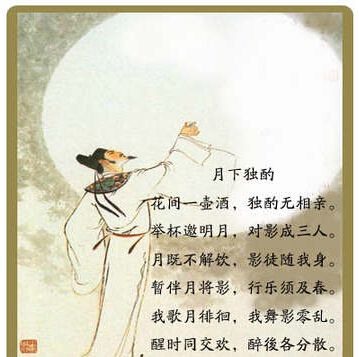15月大的婴儿即有公平感
|
A new study presents the first evidence that a basic sense of fairness and altruism(利他主义) appears in infancy. Babies as young as 15 months perceived the difference between equal and unequal distribution of food, and their awareness of equal rations was linked to their willingness to share a toy. "Our findings show that these norms of fairness and altruism are more rapidly acquired than we thought," said Jessica Sommerville, a University of Washington associate professor of psychology who led the study. "These results also show a connection between fairness and altruism in infants, such that babies who were more sensitive to the fair distribution of food were also more likely to share their preferred toy," she said. The study has implications for nurturing human egalitarianism(平等主义) and cooperation. The journal PLoS ONE published the findings online Oct. 7, 2011. Co-author is Marco Schmidt, a doctoral student at the Max Planck Institute for Evolutionary Anthropology(人类学) . Previous studies reveal that 2-year-old children can help others -- considered a measure of altruism -- and that around age 6 or 7 they display a sense of fairness. Sommerville, an expert in early childhood development, suspected that these qualities could be apparent at even younger ages. Babies around 15 months old begin to show cooperative behaviors, such as spontaneously helping others. "We suspected that fairness and altruism might also be apparent then, which could indicate the earliest emergence of fairness," Sommerville said. During the experiment, a 15-month old baby sat on his or her parent's lap and watched two short videos of experimenters acting out a sharing task. In one video an experimenter holding a bowl of crackers distributed the food between two other experimenters. They did the food allocation(分配) twice, once with an equal allotment(分配) of crackers and the other with one recipient getting more crackers. The second movie had the same plot, but the experimenters used a pitcher of milk instead of crackers. Then the experimenters measured as the babies -- 47 in all who were tested individually -- looked at the food distributions. According to a phenomenon called "violation of expectancy," babies pay more attention when they are surprised. Similarly, the researchers found that babies spent more time looking if one recipient got more food than the other. "The infants expected an equal and fair distribution of food, and they were surprised to see one person given more crackers or milk than the other," Sommerville said. |








